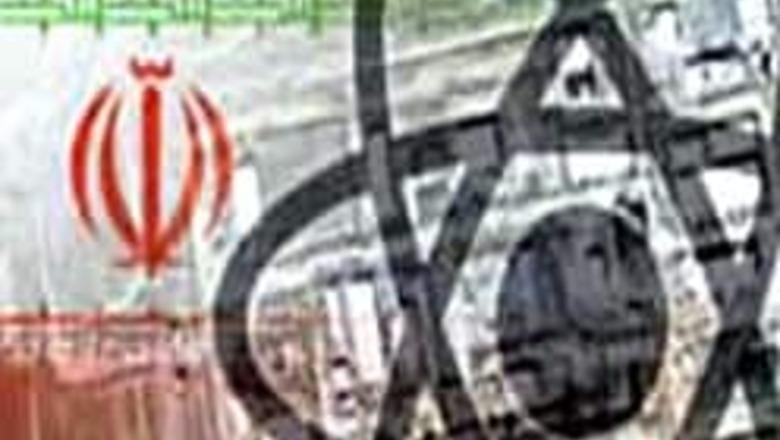
views
United Nations: Iran's ambassador to the United Nations said Tehran wants to work directly with the US on an "easily attainable" resolution, if Washington drops "the intimidation tactics."
Ambassador Mohammad Javad Zarif's statement came the day after the International Atomic Energy Agency pleaded with Iran to continue talks with European nations that want to offer it incentives in exchange for ending its nuclear-enrichment program.
"We are prepared to engage in serious discussion in order to resolve this issue, and we have not made any exception with regard to the US," Zarif said on Thursday.
Iran ended its voluntary cooperation with the IAEA in February, which included ending surprise inspections of its nuclear facilities.
Despite accusations from the US and other countries that Iran is pursuing nuclear weapons, Iran has maintained that its nuclear program is solely for peaceful purposes.
That beef would need to be resolved before Iran and the US could have any meaningful discussion, Zarif said, explaining that Washington must acknowledge that Iran has a right to nuclear technology under the nuclear nonproliferation treaty.
At the same time, Zarif said, Iran would have to acknowledge that it has a responsibility not to pursue nuclear weapons. This is in Iran's best interests, he said, because "from a sober, strategic analysis, Iran's security will be decreased by possession or pursuit of nuclear weapons, rather than increased."
The US could get further with Iran if it were to "ban the pressure tactics, the intimidation tactics" and talk with Iran directly, rather than through European nations and the UN, he said.
"If they're looking for solutions, why are they not talking to one side of the problem?" Zarif asked. "There is a resolution to this situation, and the resolution is easily attainable, provided you look for it."
President Bush, speaking at a news conference with British Prime Minister Tony Blair, rejected the idea of approaching Iran with incentives.
"They're the ones who walked away from the table," he said. "It's on them."
Iran, he said, "needs a government that is going to recognize that part of being a great country is to be in line with your international obligations."
Earlier Thursday, US Ambassador to the United Nations John Bolton told the Senate Foreign Relations Committee that the five permanent members of the Security Council - the US, United Kingdom, France, Russia and China - and Germany met Wednesday in London, England, to discuss an incentives package for Iran.
He did not elaborate, but said it was the Iranian regime - not the Iranian people - that made the prospect of Iran possessing nuclear weapons so worrisome.
Iranian President Mahmoud Ahmadinejad has repeatedly said that the Holocaust is a myth and that Israel should be destroyed.
"It is with this in mind that (Secretary of State Condoleezza Rice) has requested a $75 million increase from Congress to support democratic efforts within the country," Bolton said.




















Comments
0 comment